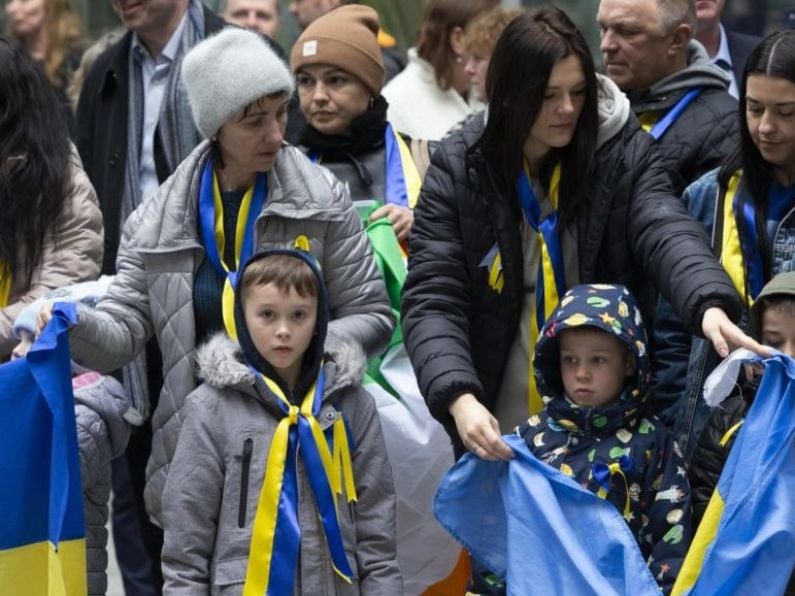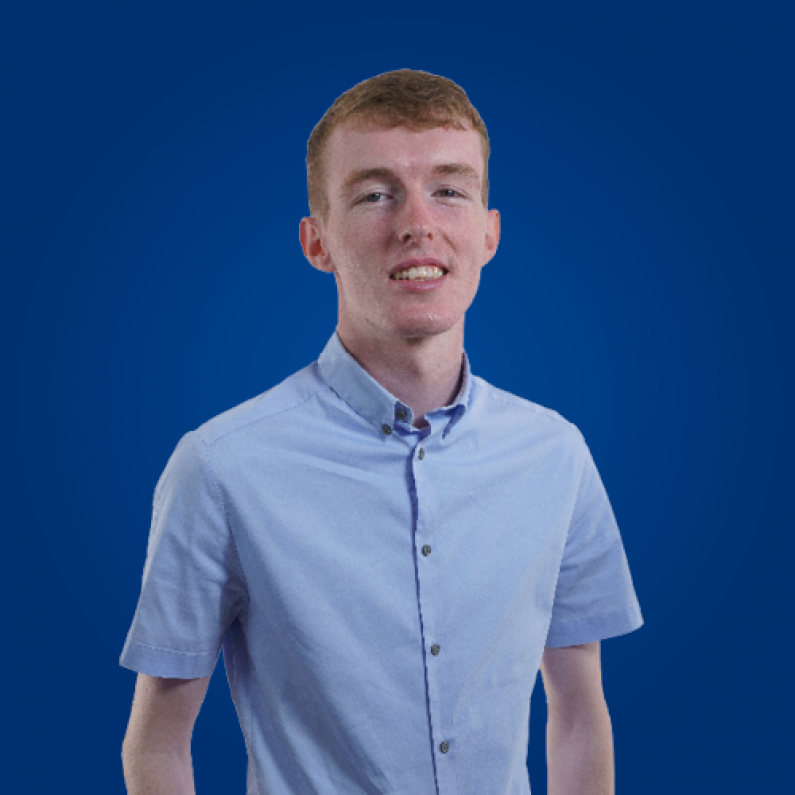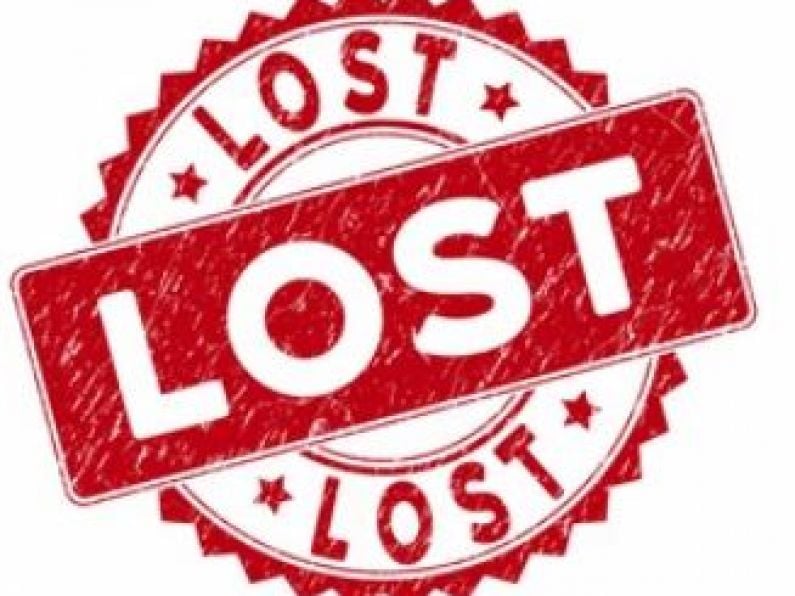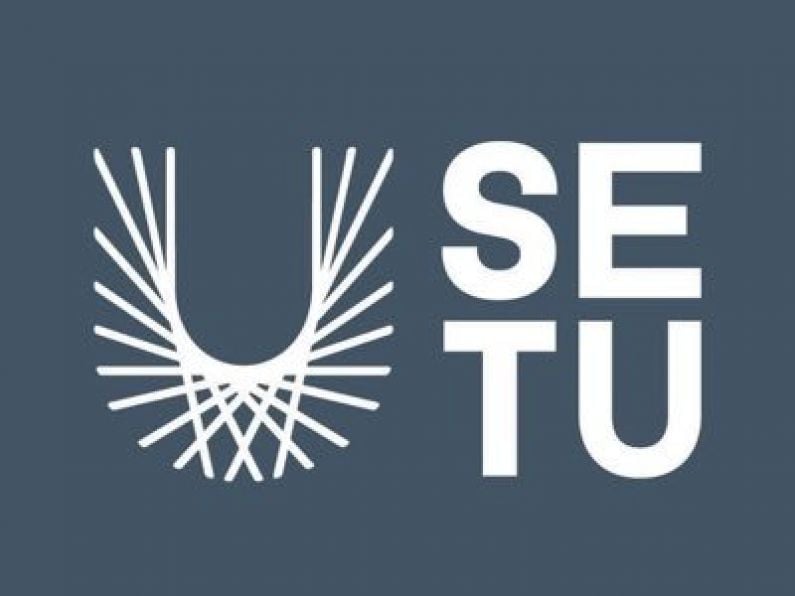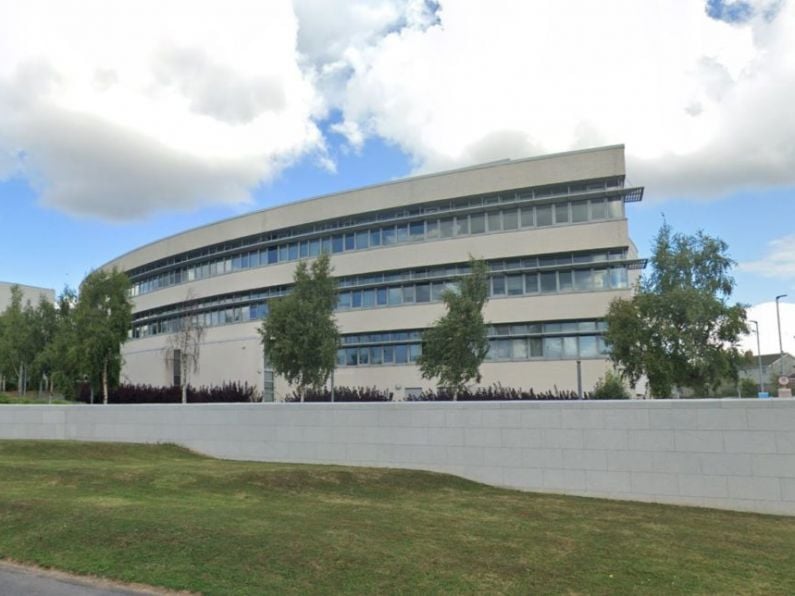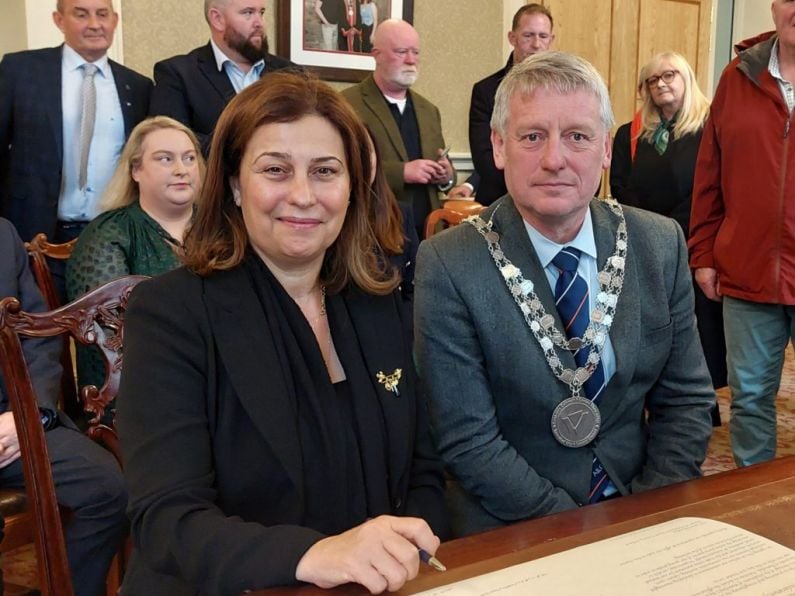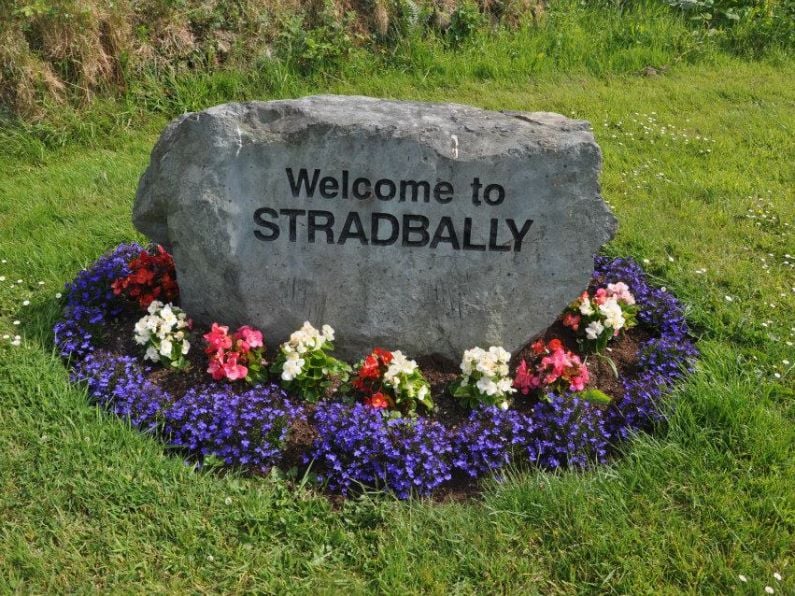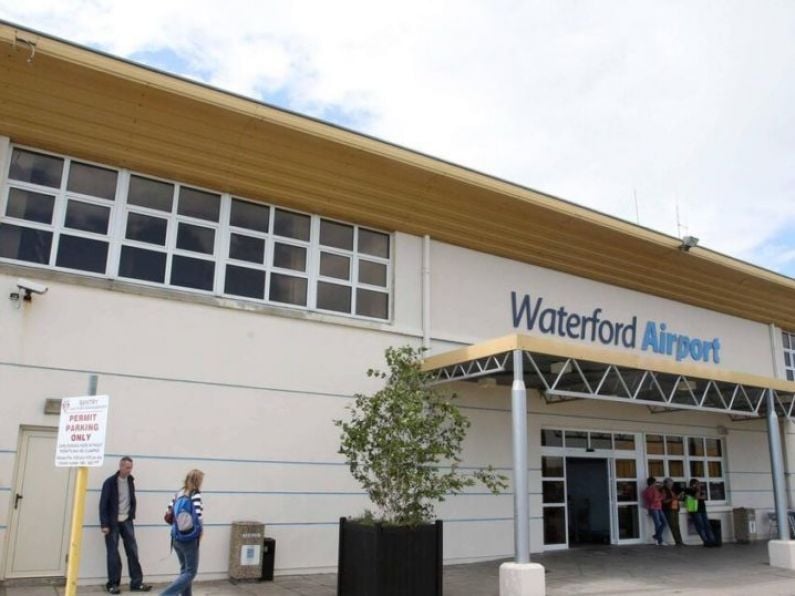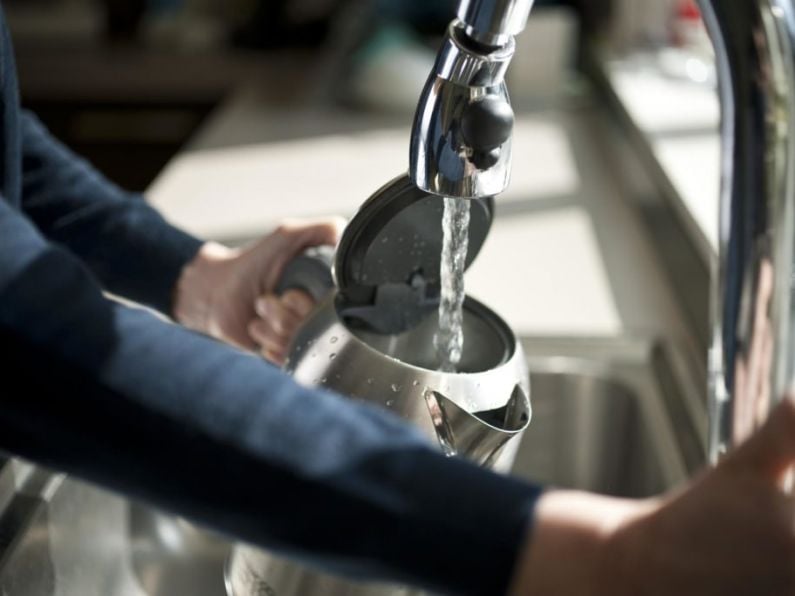The number of Ukrainian refugees to arrive in Waterford since the onset of the Russian invasion is now nearing 1,000.
Just over 33,000 Ukrainians arrived in Ireland up to last Sunday - 951 of whom are currently based in Waterford.
Figures from the Central Statistics Office (CSO) show women aged 20 and over account for 48 per cent of arrivals to date, and individuals aged 0 to 19 made up 38 per cent.
The CSO today published data on arrivals from Ukraine based on those availing of supports and services from the Department of Social Protection.
The data shows 33,151 people arrived from the war-torn country up to May 22nd. This number is based on the amount of public service (PPS) numbers issued to Ukrainians under the Temporary Protection Directive.
The highest proportion of those arriving, just over 14,700, were categorised as "one parent with children".
Local electoral areas
The local electoral area with the highest number of arrivals was North Inner City Dublin, with 1,156, followed by Ennistimon in Co Clare with 1,118.
Killarney and Kenmare in County Kerry are next with 865 and 736.
At the other end of the scale, Athlone and Roscommon have eight arrivals and the Portlaw-Kilmacthomas in Waterford had seven - which is believed to be the lowest figure in the country.
Waterford Council Director of Housing, Mr. Ivan Grimes has recently outlined that broadband issues are proving problematic when it comes to accommodating refugees in parts of rural Waterford.
The highest proportion of Ukrainians in Waterford is in Tramore / Waterford City West - with over half of arrivals in Waterford currently living in the area. The 529 arrivals to date now make up 2.37% of the area's overall population.
175 people have arrived in Waterford City South while 171 are currently integrating into the local community in Dungarvan. 52 Ukrainians have been welcomed in Waterford City East while 17 have moved to Lismore.
Statistician Karola Graupner said: "The statistics are derived from a weekly Department of Social Protection (DSP) extract which the CSO receives every Monday. Some of the aggregate data provided to the Group this week features in the release issued today (27 May 2022).
"As well as the strict legal protections set out in the Statistics Act, 1993, and other existing regulations, the CSO is committed to protecting individual privacy and all identifiable information from each of the data sources used in our analysis, such as name, date of birth and addresses, are removed before use and only anonymised statistical aggregates are produced."
The Government is to investigate claims that some Ukrainian refugees have raised concerns about being placed in centres with people of Russian ethnicity.
Tánaiste Leo Varadkar said that while the claims will be examined, he does not have a major concern that pro-Putin agents are arriving in Ireland and staying in refugee centres.
Some Ukrainian refugees stay at temporary accommodation centres before moving on to long-term accommodation in different parts of the country.
A spokeswoman for the Department of Children, Equality, Disability, Integration and Youth (DCEDIY) said that where issues arise in accommodation centres, managers deal with those involved on site.
Concerns
It said that when a resolution cannot be reached, the department will “endeavour” to provide alternative accommodation.
Mr Varadkar said the concerns raised by Ukrainian refugees will be looked into.
“I think it’s important to appreciate that there are a lot of people who are Ukrainian who have Russian family and vice versa,” Mr Varadkar added.
“The countries are not dissimilar to England and Ireland in many ways. So you do have people that have dual citizenship, and you have people who are Ukrainian but have Russian family members and vice versa.
“I think as Irish people you can kind of understand that sort of relationship that can exist between two neighbouring countries, often friends, sometimes enemies.
“We will look into this, but I don’t have a major concern that there are pro-Putin or pro-Kremlin Russian agents getting into the country under the guise of being Ukrainian.
“But we do have to bear in mind that that’s not impossible, and that’s why we will look into it.”



